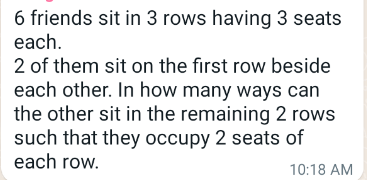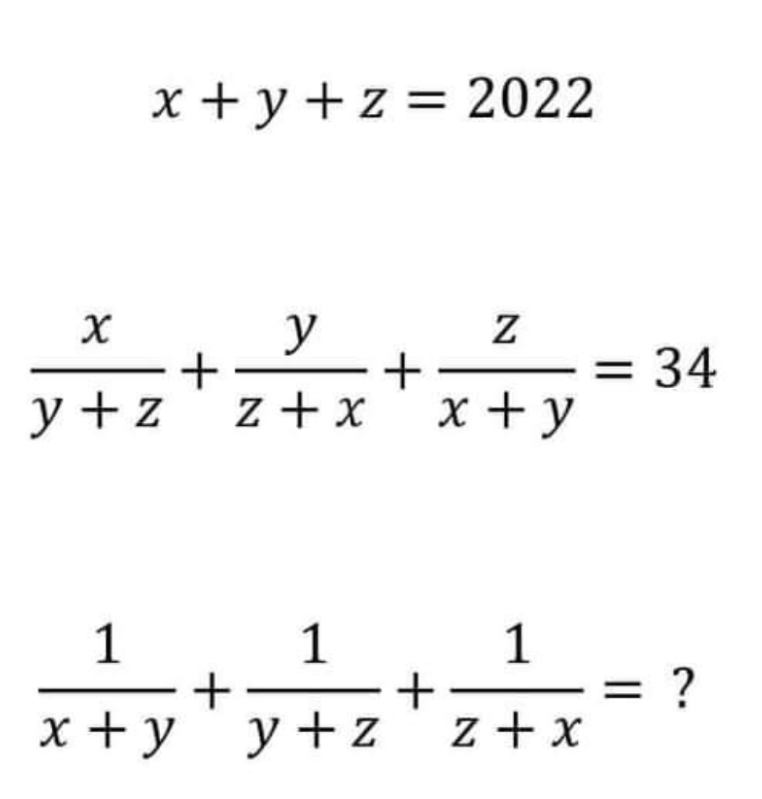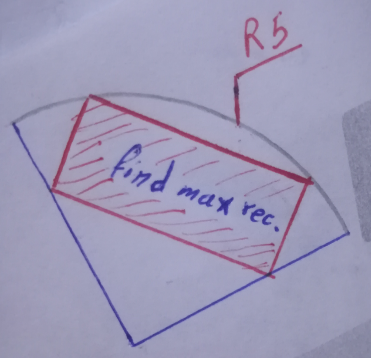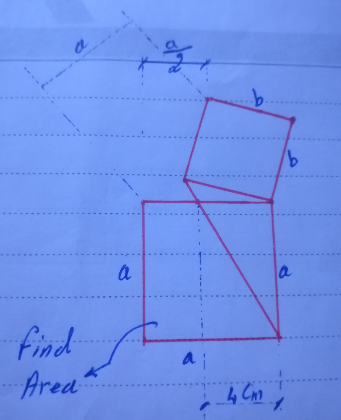
AllQuestion and Answers: Page 445
Question Number 175464 Answers: 2 Comments: 0
Question Number 175462 Answers: 1 Comments: 3
Question Number 175525 Answers: 0 Comments: 0

Question Number 175521 Answers: 0 Comments: 0

Question Number 175454 Answers: 0 Comments: 0

Question Number 175452 Answers: 0 Comments: 0

Question Number 175449 Answers: 1 Comments: 1

Question Number 175450 Answers: 0 Comments: 0

Question Number 175443 Answers: 1 Comments: 0
$${solve}\:{for}\:{x} \\ $$$$\mathrm{16}^{{x}} +\mathrm{20}^{{x}} =\:\mathrm{25}^{{x}} \\ $$
Question Number 175436 Answers: 2 Comments: 2
$$\int\frac{\mathrm{2}{x}^{\mathrm{2}} +\mathrm{3}}{\:\sqrt{\mathrm{3}{x}+\mathrm{2}}}=? \\ $$
Question Number 175434 Answers: 1 Comments: 0

Question Number 175457 Answers: 3 Comments: 0
$$ \\ $$$$\mathrm{23}+\mathrm{2323}+\mathrm{232323}+....\left({n}\:{terms}\right)=? \\ $$$$ \\ $$
Question Number 175430 Answers: 0 Comments: 2

Question Number 175426 Answers: 0 Comments: 0

Question Number 181496 Answers: 1 Comments: 0

Question Number 181494 Answers: 0 Comments: 0

Question Number 175458 Answers: 2 Comments: 0
$$\mathrm{2}^{{m}} −\mathrm{2}^{{n}} =\:\mathrm{2016} \\ $$$${find}\:{m}\:{and}\:{n} \\ $$
Question Number 175420 Answers: 2 Comments: 0
$${solve}\:{for}\:{x} \\ $$$$\mathrm{2}^{{x}} .\mathrm{3}^{{x}^{\mathrm{2}} } =\:\mathrm{6} \\ $$
Question Number 175411 Answers: 2 Comments: 3
Question Number 175410 Answers: 1 Comments: 0
Question Number 175409 Answers: 1 Comments: 5
Question Number 175407 Answers: 2 Comments: 0
Question Number 175406 Answers: 1 Comments: 0
Question Number 175402 Answers: 0 Comments: 1
Question Number 175399 Answers: 0 Comments: 3
Question Number 175396 Answers: 2 Comments: 0

Pg 440 Pg 441 Pg 442 Pg 443 Pg 444 Pg 445 Pg 446 Pg 447 Pg 448 Pg 449
